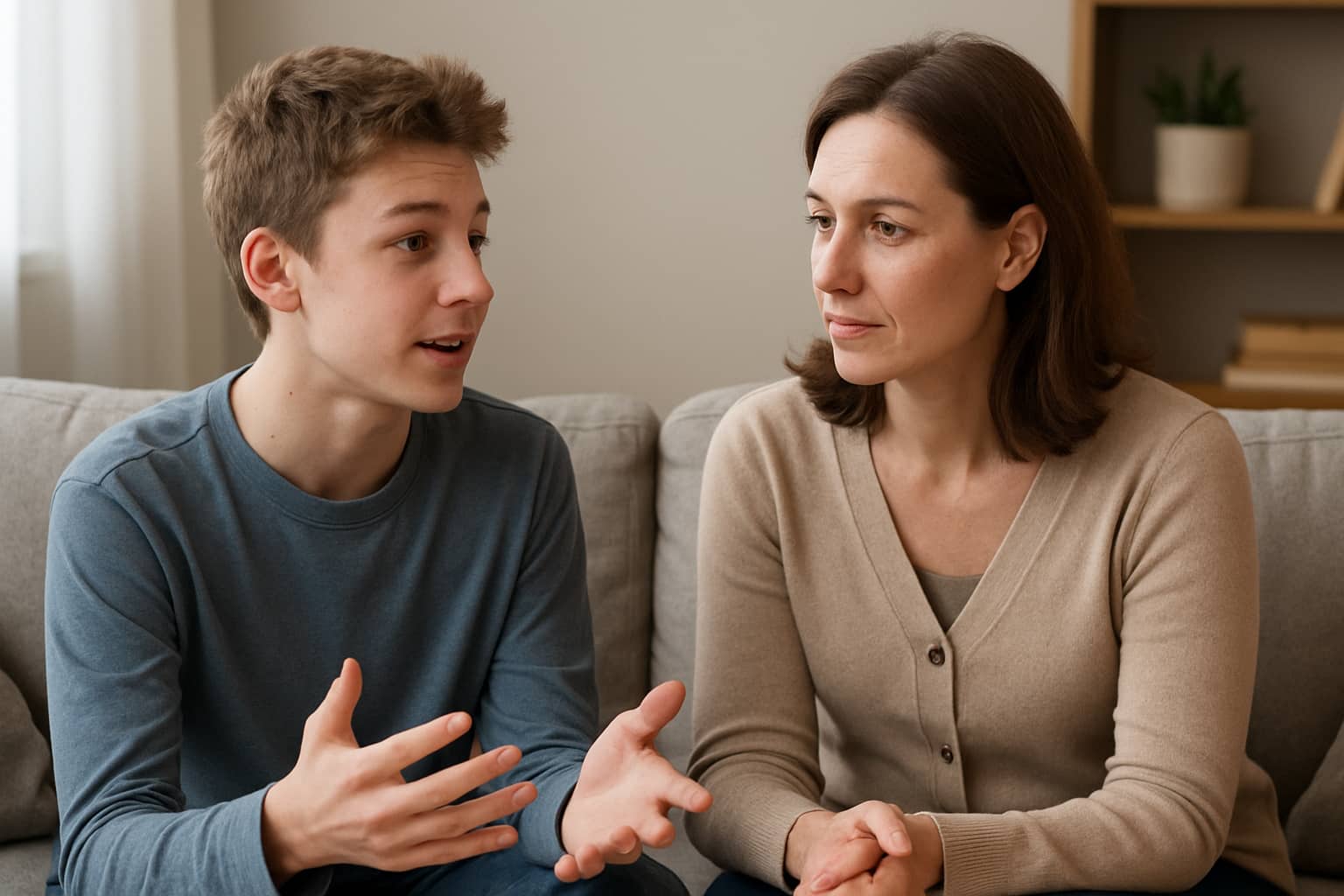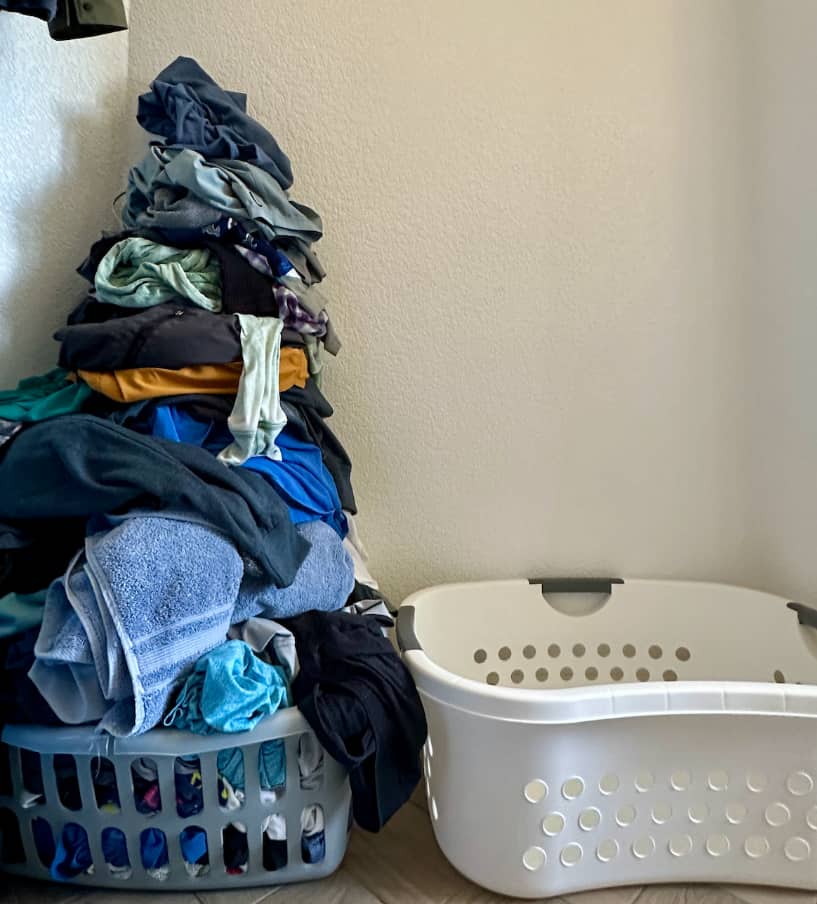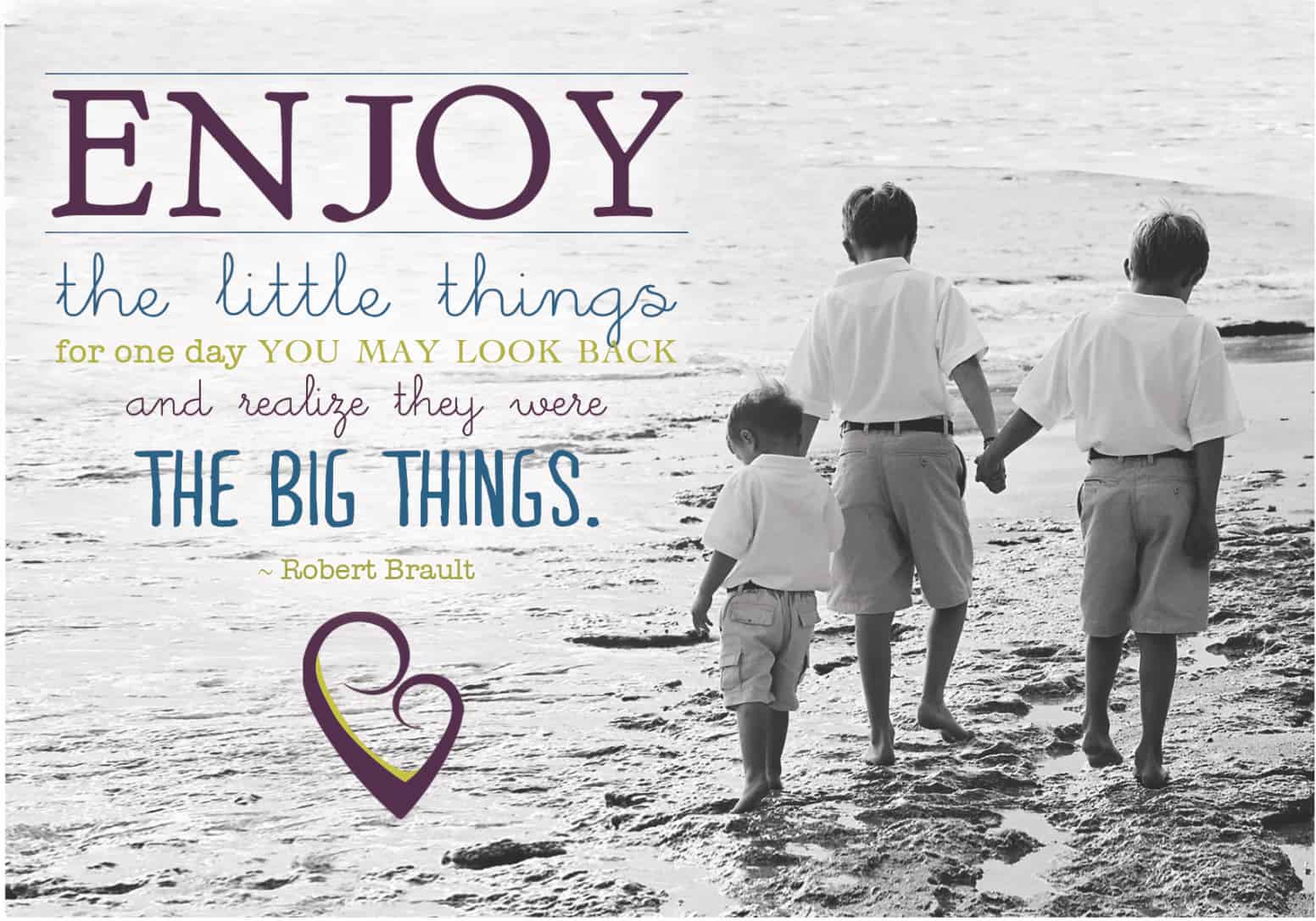Palmer here!
I’m feeling fired up about kids’ mental health. My mom and I just got back from presenting at the AFCC (American Family Conciliation Court) conference in Columbus, Ohio, where we spoke to attorneys, judges, therapists, and psychologists from all over North America. We focused on how to protect children’s mental health during and after divorce; something we’re deeply passionate about. Inspired by our talk this weekend, I wanted to share a few thoughts from it with you.
Whether your child struggles with mental health challenges (like I did as a kid) or is in a more stable place right now, there’s one stat all parents should know: “Acute conflicts with parental figures precede 40% of suicide cases” (Bilsen, 2018). This isn’t to scare you or suggest that every fight puts kids at risk, but it shows how impactful intense conflict can be on a child.
Suicide is the third leading cause of death among teenagers in the U.S. and the leading cause for kids ages 10-14 in Colorado.
It’s heartbreaking because I know what it feels like to want life to stop, to feel there’s no way out. The number of kids struggling with suicidal thoughts is higher than ever, and no child should be assumed safe from risk, even when everything seems fine on the outside.
Two Ways to Safeguard Your Child’s Mental Health
1. Build Resilience Through Trusted Connections
Research by Werner and Smith shows that having a trusting relationship with someone outside the family significantly boosts a child’s resilience. Having resilience helps kids grow through adversity vs being defined by it. Think about a family friend, sports coach, therapist, life coach, or youth leader who could be that steady, reliable presence for your child a few times each month. Asking for help can feel hard, especially if you’re private about your child’s struggles but whether your kid is struggling or not I urge you to find someone to be there for them.
2. Have Courageous Conversations About Mental Health
Talking to your child about suicide and mental health might feel awkward, but it’s important. I know we talked about this a few months ago, but a great way to start is: “I don’t know exactly what you’re feeling, but I know it might be really hard. Other people in similar situations have thought about ending their lives. Have you ever had thoughts like that?”
When they say, “No, I’m fine,” (they will) don’t stop there, ask again, gently. Give them space to talk. Even if there’s nothing there to share, your openness creates a safe foundation for future conversations. Most parents who lose a child to suicide had no idea their kids were struggling. If this feels too big to start with, it can be helpful to begin by talking more casually about mental health to normalize the topic.
Mental health should be as approachable as physical health. When kids break a bone, they go to the doctor no question; when their mental health is struggling, they need care, too. Toughing it out doesn’t work for a broken leg, and it doesn’t work for emotional wounds either.
I hope it’s helpful, and as always, I am grateful for you showing up for your family and wanting to learn. 😇
Also 2 weeks ago I talked about Noah, the coach I have been working with for the last 8 months and he still has two more spots available if you are interested in exploring having a highly experienced, passionate, and certified coach who is great at connecting with teenagers to pour into your kid and support them to grow to their fullest potential by taking ownership of their lives, actually get them to listen, and have that trusted place to share.












